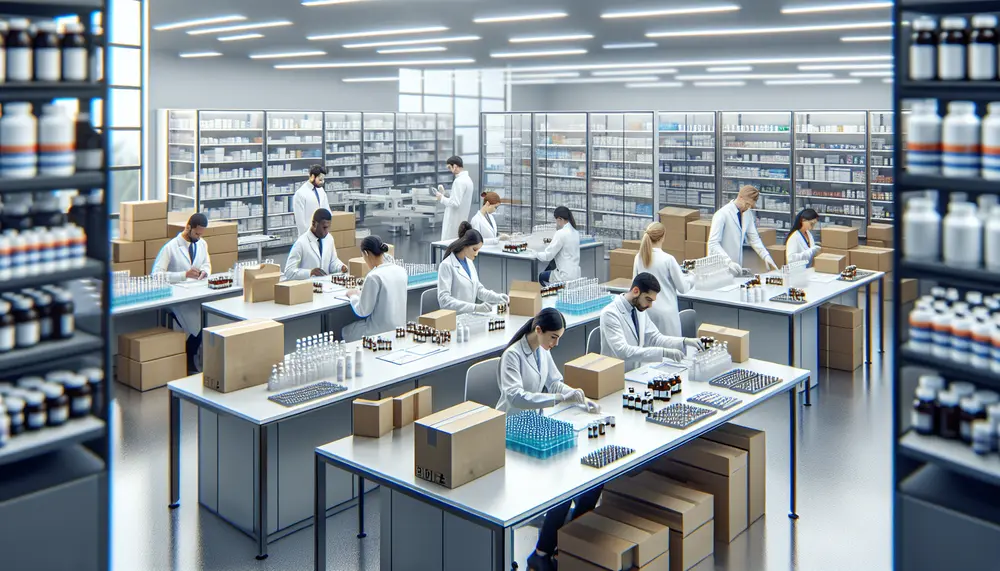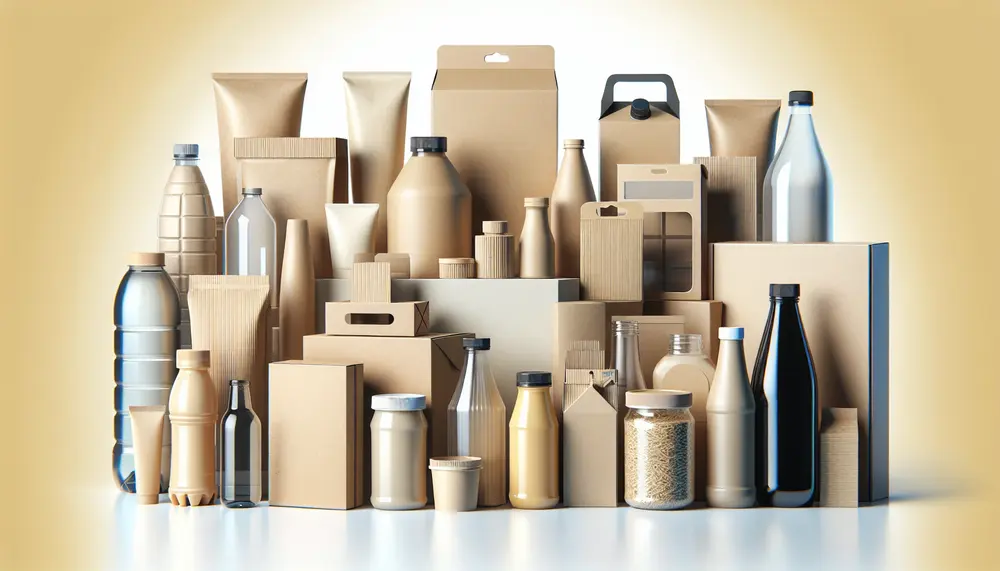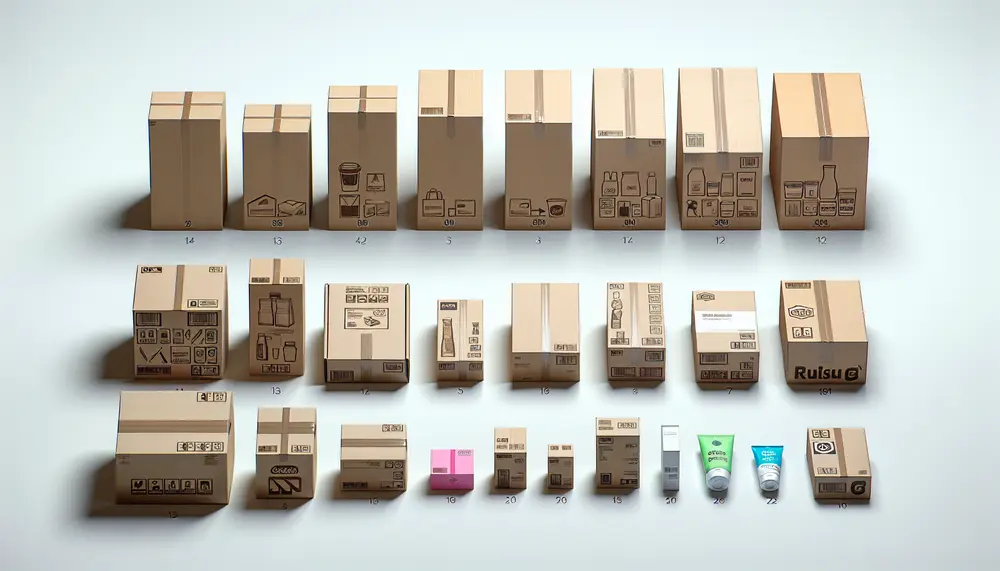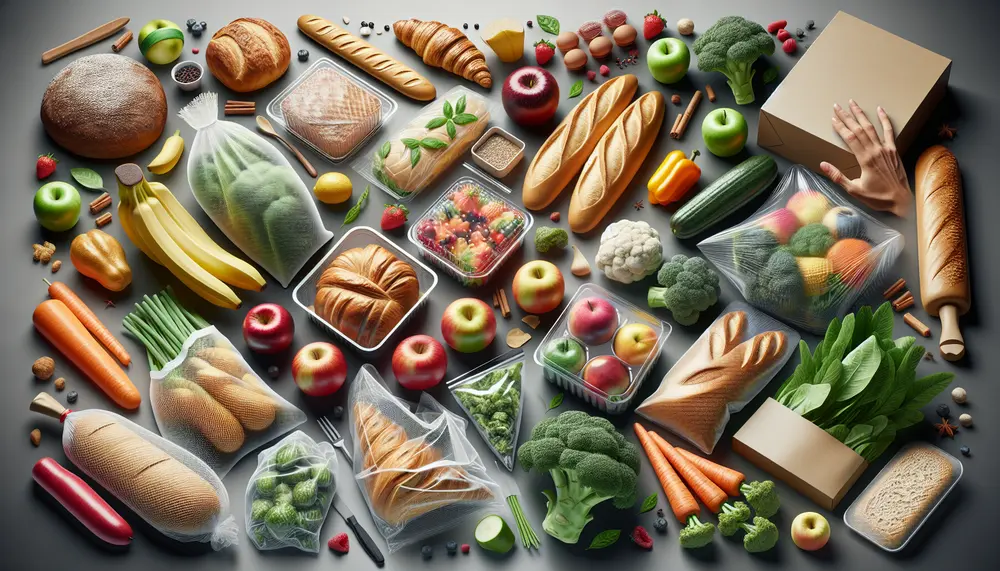Non-compliance
Non-compliance
Non-compliance in Packaging
Non-compliance in packaging refers to the failure to meet specific regulations, standards, or guidelines set by authorities or industry bodies. This can have serious consequences for businesses, including fines, product recalls, and damage to brand reputation.
Why is Compliance Important?
Compliance ensures that packaging is safe, effective, and environmentally friendly. It protects consumers from harm and ensures that products meet quality standards. Non-compliance can lead to unsafe products reaching the market, which can harm consumers and the environment.
Common Areas of Non-compliance
There are several areas where non-compliance can occur in packaging:
- Labeling: Incorrect or missing information on labels.
- Materials: Using non-approved or hazardous materials.
- Recycling: Failing to meet recycling standards.
- Safety: Packaging that poses a risk to consumers.
Consequences of Non-compliance
Non-compliance can result in:
- Fines: Monetary penalties imposed by regulatory bodies.
- Recalls: Products being removed from the market.
- Legal Action: Lawsuits from consumers or competitors.
- Reputation Damage: Loss of consumer trust and brand value.
How to Ensure Compliance
To avoid non-compliance, businesses should:
- Stay Informed: Keep up-to-date with regulations and standards.
- Regular Audits: Conduct regular compliance checks.
- Training: Provide training for staff on compliance requirements.
- Documentation: Maintain thorough records of compliance efforts.
By understanding and addressing non-compliance in packaging, businesses can protect their consumers, their brand, and their bottom line.
Blog Posts with the term: Non-compliance

Packaging regulations are crucial for businesses involved in the manufacture, distribution or sale of packaged goods. They protect consumers and support fair competition by governing every aspect of packaging from design to label information. Compliance with these rules is essential...

Ensuring compliance in pharmaceutical packaging is essential for product integrity, patient safety, and regulatory approval. This article outlines key guidelines from major regulatory bodies like the FDA, EMA, ICH, WHO, and USP that govern material selection, design standards, labeling requirements,...

The German Packaging Law (VerpackG) aims to reduce packaging waste by holding producers and distributors accountable for the recycling of their product packaging, with strict compliance enforced through registration and reporting via the LUCID portal. All businesses introducing packaged goods...

EU packaging regulations require businesses to minimize waste, enhance recyclability, and reduce hazardous substances. Compliance with the Packaging and Packaging Waste Directive is essential for market access in the EU....

Pharmaceutical packaging for export requires strict adherence to international regulations set by global regulatory bodies like WHO, ICH, EMA, FDA, and PMDA to ensure safety and quality. Key regulations include Good Manufacturing Practice (GMP), ISO standards, serialization systems, labeling requirements,...

The Harmonized System (HS) code is a universal classification system for goods in international trade, essential for identifying packaging materials and ensuring compliance with regulations. Accurate HS codes facilitate customs processes, determine tariffs, and are crucial to avoid legal issues...

Packaging design has evolved from mere protection to a complex brand storytelling and consumer engagement tool, incorporating aesthetics, functionality, sustainability, and technology. It enhances user experience through convenience, visual appeal, emotional connection, and by reflecting the product's quality....

The pharmaceutical packaging HS code is essential for global trade, ensuring regulatory compliance, accurate tariff calculations, and efficient customs clearance. Understanding and correctly using the HS code helps businesses avoid delays, fines, and ensures smooth international operations by accurately classifying...

The packaging industry is governed by a complex legal framework aimed at ensuring safety, health, and environmental protection. Key regulations include material restrictions like RoHS and REACH, compostability standards such as BPI certification, and heavy metal limitations under CONEG legislation. Regulatory...

Pharmaceutical packaging and design are essential for ensuring medication safety, efficacy, and patient compliance. Effective packaging involves understanding regulatory requirements, material science, and user needs while providing protection, information, identification, convenience, and adherence to treatment plans; it must also comply...

A Food Grade Packaging Statement is a declaration ensuring that packaging materials are safe for direct contact with food and comply with safety standards to protect consumer health. It includes information on material types, suitability for specific foods, and safety...

Packaging plays a crucial role in product success, influencing brand recognition, consumer experience and ensuring safety during transit. It involves understanding the product's specific needs including dimensions, fragility level, weight and transportation process as well as regulatory compliance to protect...

Product packaging is essential for protection, marketing, and providing consumer information; it influences brand perception and purchase decisions through design elements like color schemes. The design process involves research, feedback, prototyping, and technical considerations to ensure functionality and appeal. Choosing packaging...

The FDA ensures drug packaging safety and efficacy through stringent guidelines on material quality, labeling accuracy, child-resistant features, tamper-evident seals, and environmental considerations. Compliance with these standards protects public health by preventing contamination and ensuring clear information is provided to...

Food packaging is essential for protecting food, extending shelf life, and maintaining quality from production to consumption. It must meet safety standards, provide consumer information, facilitate transportation, enhance marketability, and support sustainability efforts. Innovative food packaging solutions address demands for convenience...
